I have been praised in pro-breastfeeding groups for my tenacity. For overcoming overwhelming odds. For persisting when others would have “given up.” Along the way there were people who told me that I should just feed formula, that I should just stop breastfeeding because of the horrible experiences I was having, but I honestly thought those people were just misinformed. I never thought that formula was bad, horrible, or poison, but I honestly thought that I should keep going. It wasn’t until I broke down crying in front of my midwife with my second child, my second bout of severe PPD, and my second struggle to breastfeed (26 months into my parenting journey) that a medical professional or breastfeeding support person told me that my mental health was more important for my child than my milk. And I don’t think I will ever forget that moment.
My first pregnancy was textbook. Very uneventful. I took the classes, read the books, had supplies, had supportive friends, ordered my pump. I had heard it was very important that I not have any formula in the house because it might be “tempting” and that babies shouldn’t get bottles until 6 weeks, so I had no bottles and no formula.
My baby arrived at 36 weeks, 6 pounds 5 oz and quite healthy for a preemie. I was encouraged to supplement with formula from birth because we were afraid he wouldn’t be able to latch and suckle properly. I used a nipple shield because of my flat nipples. I wasn’t even 2 hours postpartum the first time I was hooked up to a pump to get a drop or two of colostrum which got smeared on baby’s lips. We spent the first week in and out of the NICU and on and off phototherapy for jaundice. By 3 weeks old, he was diagnosed with severe GERD, and we cut dairy and soy.
I triple fed for 3 months, every feed taking 1.5 hours if my husband could help, 2 hours if I was home alone. I woke my baby to feed every 3 hours for the first 5 weeks. I took all the galactogogues. I took prescription drugs that I really shouldn’t have taken because I have a cardiac condition and aren’t even approved by the FDA.
Around 3 months old, I was finally able to feed directly from the breast exclusively and we reveled in how easy it was compared to everything else. Then he rejected bottles completely and I was once again tied to the baby. At this point, baby was 5 months old. I was exhausted, my PPD was out of control and I thought about hurting myself. I was almost hospitalized for my depression. I didn’t leave my son’s side for over 6 months, because I was terrified that I would harm my supply and set my hard work back. And all through it, I was going to a breastfeeding support group every week. I saw two lactation consultants. I was in support groups online. And all through it all I heard was how great I was doing and what a wonderful thing I was doing for my child. (but no one told me to take care of myself)
Fast forward 2 years, pregnant again. My second son arrived at 38 weeks 5 days, weighed 9 pounds. He latched in the delivery room! He was swallowing!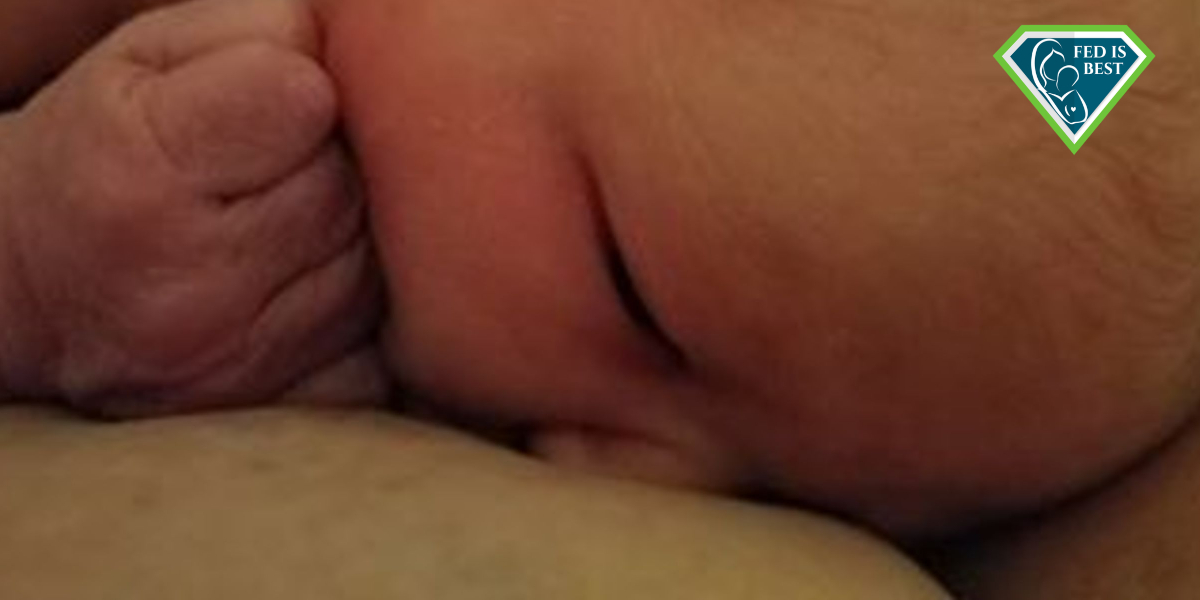 Then on the second day, he got fussy. He would seem satisfied and fall asleep most of the time, but he was eating every 2 hours or more often. I was alone at the hospital, exhausted, thinking things were ok and he was just extra fussy for some unknown reason. His latch was fine, he was swallowing, diaper output good… No problems. I trusted my nurses. I trusted the IBCLC who kept assuring me that my milk would be in soon and my baby was getting all that he needed. But he became jaundiced and spent 24 hours getting photo-therapy before we went home and my milk was still not in.
Then on the second day, he got fussy. He would seem satisfied and fall asleep most of the time, but he was eating every 2 hours or more often. I was alone at the hospital, exhausted, thinking things were ok and he was just extra fussy for some unknown reason. His latch was fine, he was swallowing, diaper output good… No problems. I trusted my nurses. I trusted the IBCLC who kept assuring me that my milk would be in soon and my baby was getting all that he needed. But he became jaundiced and spent 24 hours getting photo-therapy before we went home and my milk was still not in.
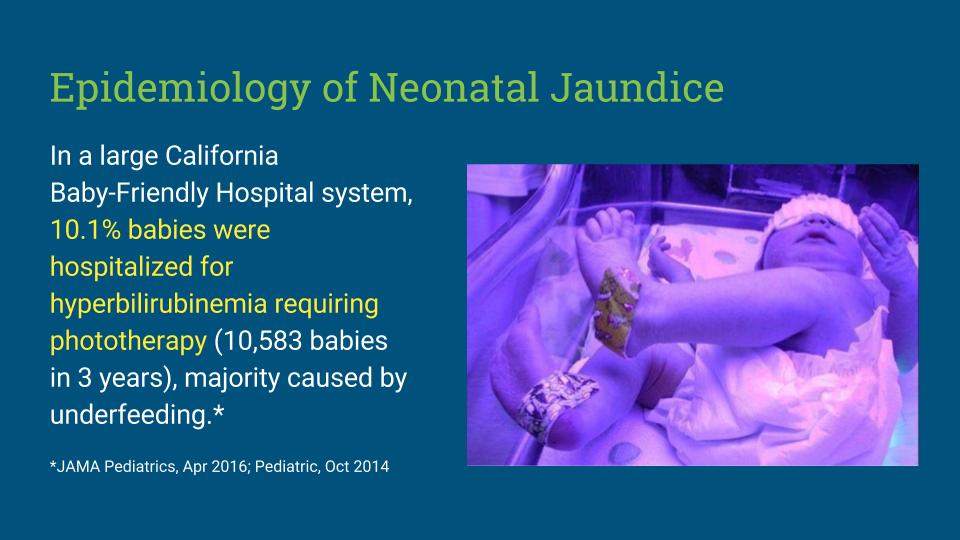
Once home, seeing how desperate I was, my mom offered to get formula and I agreed. I offered an ounce after his next feed and he finally slept and actually went 3 hours between feeds!
Thankfully, we saw his doctor that afternoon and he was down to 8 pounds (11% weight loss) and was still jaundiced. I was mostly confident in my decision to supplement this time, so I was prepared to argue for the formula with our pediatrician. To my delighted surprise, she said, “Breastmilk is great, but you made the right decision to supplement your baby.
Despite the supplementing, we were sent back to the hospital for photo-therapy on day 4 due to jaundice, bilirubin levels of 20.5.
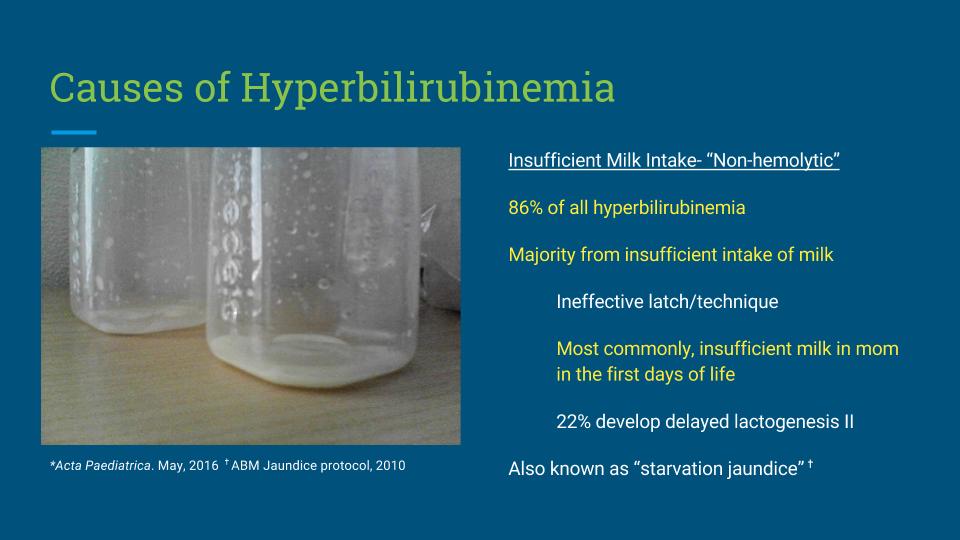
I told the BFHI hospital doctor that I was supplementing with formula and the look he gave me was devastating. He said something about harming my breastfeeding relationship by using formula. He grudgingly agreed that we could try supplementing next feed, though he thought it wasn’t necessary because baby had gained an ounce since the previous day (which, coincidentally, was when I started supplementing, but the doctor didn’t seem to register that information).
Basically, I had to prove that he needed the formula. This gutted me.
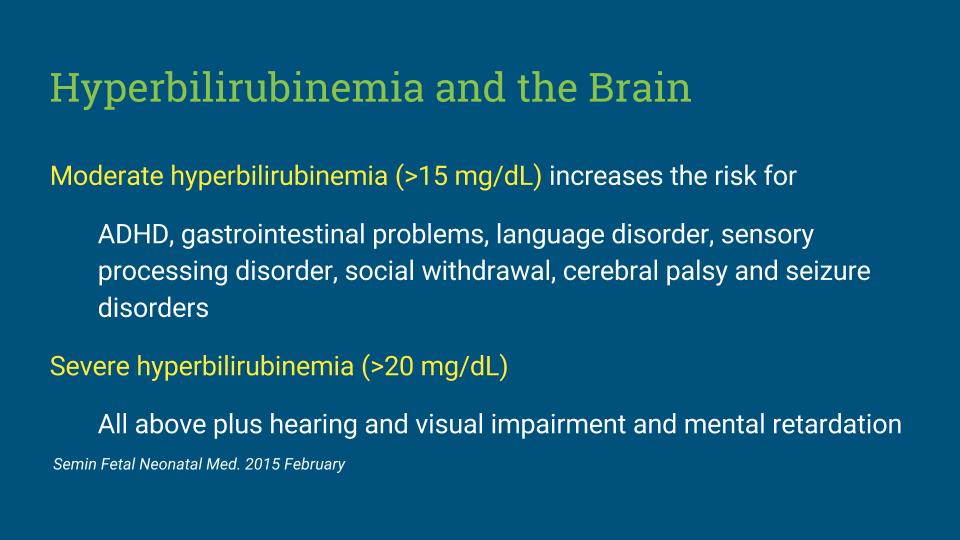
In that moment, I didn’t care if I wasn’t able to breastfeed, I just wanted my baby to get better. I absolutely didn’t want to triple feed for long. Just thinking about triple feeding made me start shaking, crying, and made my anxiety go through the roof. And here was this doctor telling me I had made a mistake. Telling me that it was wrong what I did. It took everything I had not to start yelling and crying.
I really wanted to offer formula by bottle. The SNS was annoying, dripped, and baby didn’t use it well. Plus it took so long for him to get the supplement, I ended up finger feeding while he was in the incubator because he needed to be on photo-therapy. However, the doctors and nurses didn’t care that, 4 days postpartum, after a difficult birth, I was standing at my son’s incubator, finger feeding for 15-20 minutes every feed. I was told I didn’t want him to get “nipple confused”” I felt ashamed that I wanted the bottle. Like it was lazy. But I continued to finger feed – they gave me no bottle nipples. And after feeling shamed the first time, I stopped asking.

My baby regained his birth weight by 2 weeks and we started exclusively breastfeeding, but he still “cluster fed” twice a day, every day, for 8 weeks. I was told that it was just cluster feeding and that I should work on my supply. I was told it was normal for babies to cluster feed. However, I knew that this much cluster feeding, for such an extended period of time, was not normal. My toddler needed me, I needed my space and my own time, and most importantly, I needed to sleep
I was diagnosed with PPD at 3 weeks postpartum, at which my midwife gently suggested I consider formula feeding. At 6 weeks postpartum, I had my 2nd follow up with my midwife. She first made sure that my IBCLC wasn’t going to pressure me to pump too much or push on breastfeeding to my detriment. My midwife also instructed me to have my husband take 1 night feed. I immediately freaked out, thinking I was going to need to pump and worry about my supply again, but she looked at me and said, “No. I’m telling you to give him formula. If you want to and can pump, go ahead, but just give him formula. You need sleep more than he needs breast milk.” I had immediate tears of relief. I knew that it was ok, whatever we decided. I had the permission I needed to quit if I wanted to….
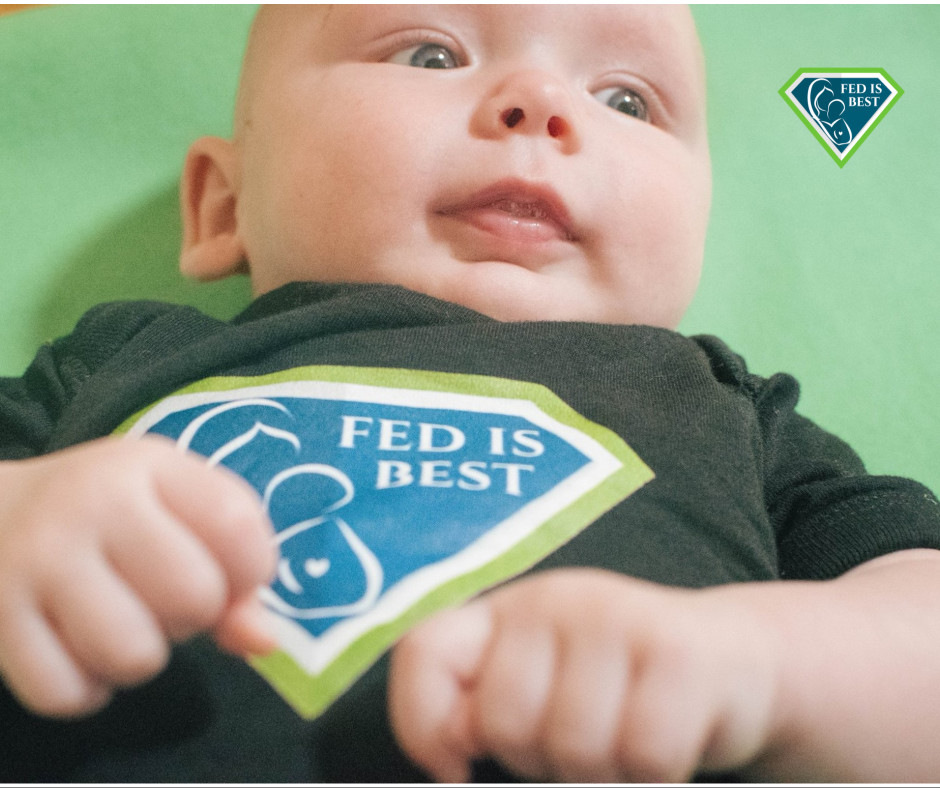
In 2 years of breastfeeding struggles, it was the first time a medical professional told me that I was just as valuable as my child and that my own needs might trump his. That in the mother-baby dyad, they are equal partners and both people’s needs need to be considered. I felt such relief and comfort in those moments. To at least this woman, I matter.
The wonderful clinicians and group members at the Fed is Best Foundation helped me in their support group on a daily basis. They are definitely supportive of breastfeeding, despite the false claims made they are anti-breastfeeding. My family was my rock family, during the hardest days.
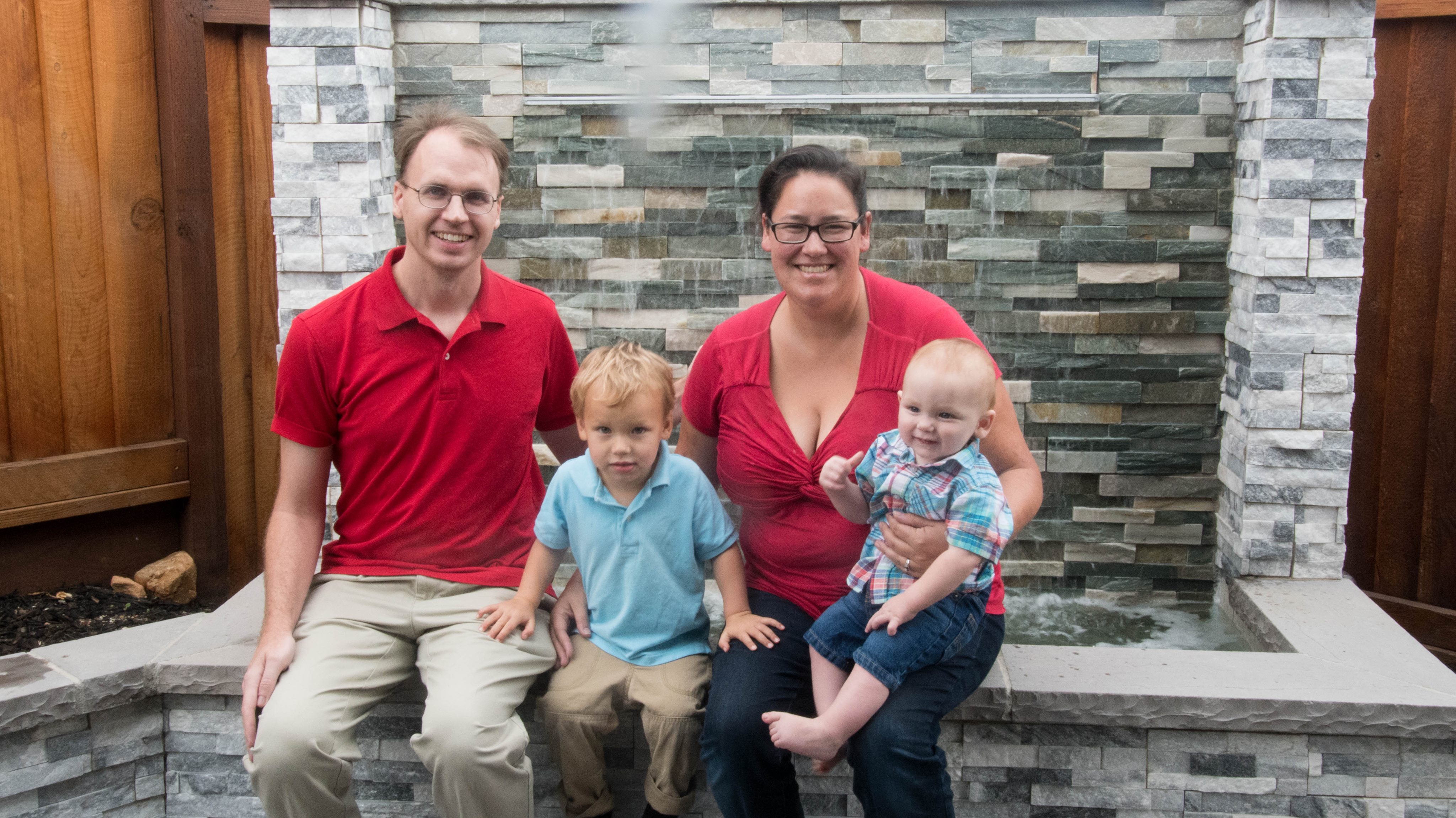
My pediatrician, who supported my decision to use some early formula until I knew baby was healthy, my milk supply was sufficient, and we got over the early transition to a family of 4.
My new lactation consultant who never pushed me beyond what I could do without causing undue harm to myself. Every time we talked about pumping for supply, she asked me, *what do you think you can and want to do? Do you think you can power pump once a day for a weekend?” Every change was accompanied by the question, “is that reasonable to you? How do you feel about it?”
My midwives helped me understand that I was just as important and that my needs are more important than my milk. Having a healthy mom is more important than breast milk. They gave me permission to use formula if I wanted to. I needed that permission. They also were proactive about monitoring my post partum depression. Making sure I had my medication in the hospital, making sure I had a psychiatrist and a therapist.
My therapist and I have talked a lot about breast is best/fed is best and how the message of breast is best has harmed me. She has helped me have confidence in my decisions and supported me every step of the way.
HOW YOU CAN SUPPORT FED IS BEST ?
There are many ways you can support the mission of the Fed is Best Foundation. Please consider contributing in the following ways:
- Join the Fed is Best Volunteer group to help us reach Obstetric Health Providers to advocate for counseling of new mothers on the importance of safe infant feeding.
- Make a donation to the Fed is Best Foundation. We are using funds from donations to cover the cost of our website, our social media ads, our printing and mailing costs to reach health providers and hospitals. We do not accept donations from breast- or formula-feeding companies and 100% of your donations go toward these operational costs. All the work of the Foundation is achieved via the pro bono and volunteer work of its supporters.
- Share the stories and the message of the Fed is Best Foundation through word-of-mouth, by posting on your social media page and by sending our resources to expectant moms that you know. Share the Fed is Best campaign letter with everyone you know.
- Write a letter to your health providers and hospitals about the Fed is Best Foundation. Write them about feeding complications your child may have experienced.
- Print out our letter to obstetric providers and mail them to your local obstetricians, midwives, family practitioners who provide obstetric care and hospitals.
- Write your local elected officials about what is happening to newborn babies in hospitals and ask for legal protection of newborn babies from underfeeding and of mother’s rights to honest informed consent on the risks of insufficient feeding of breastfed babies.
- Send us your stories. Share with us your successes, your struggles and every thing in between. Every story saves another child from experiencing the same and teaches another mom how to safely feed her baby. Every voice contributes to change.
- Send us messages of support. We work every single day to make infant feeding safe and supportive of every mother and child. Your messages of support keep us all going.
- Shop and Fed is Best Foundation will earn cash back! We hope to develop our online safe infant feeding classes with these funds.
- If you need support, we have a private support group– Join
We believe all babies deserve to be protected from hunger and thirst every single day of their life and we believe that education on Safe Infant Feeding should be free. If you would like to make a donation to support the Fed is Best Foundation’s mission to teach every parent Safe Infant Feeding, please consider making a one-time or recurring donation to our organization.
Donate to Fed is Best
Thank you so much from Jody and Christie, the Founders of the Fed is Best Foundation!
